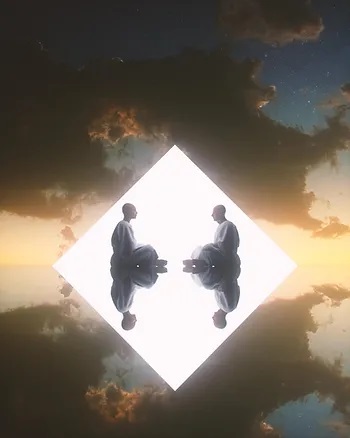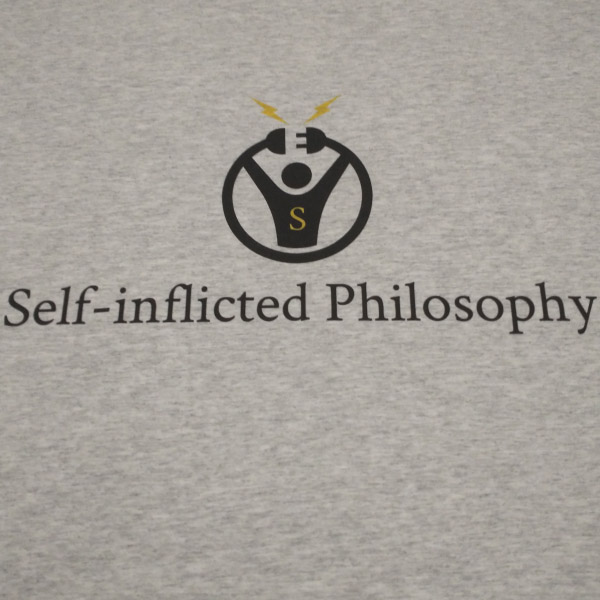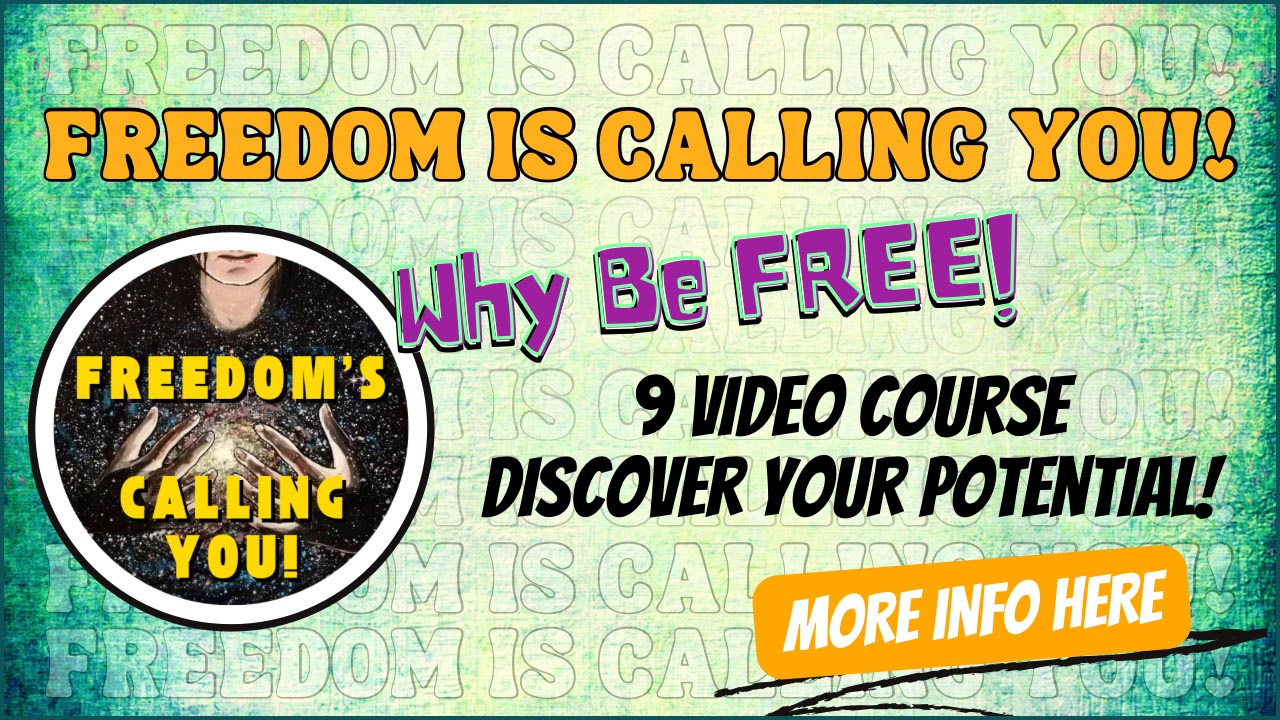www.self-inflictedphilosophy.com
Life is a Mission; Death is a Duty
by Gary Z. McGee
“We live in a fantasy world, a world of illusion. The great task in life is to find reality.” ~Iris Murdoch
The task of finding reality is easier said than done. It requires seeing how everything is connected to everything else. It requires sacrificing both dependence and independence to interdependence. It requires seeing past cultural conditioning, religious indoctrination, and societal brainwashing. In short: it requires doing as Miyamoto Musashi suggested, “Think lightly of yourself and deeply of the world.”
The cosmos created the star that exploded to create the carbon that created the earth that evolved to create life which evolved to create you. It’s all connected. The acorn’s task is to fulfill its purpose and become a tree. The caterpillar’s task is to fulfill its purpose and become a butterfly. The eaglet’s task is to fulfill its purpose and become an eagle. Likewise, the immature (egocentric, uninitiated, unenlightened) human’s task is to fulfill its purpose by becoming a mature (soul-centric, initiated, enlightened) human.
Human maturity requires seeing reality the way it is. The reality is that nature made you a human. And becoming a mature human requires living up to your fullest, most virtuous potential.
Life is a mission:
“Very few people are artists in life. The art of life is the most distinguished and rarest of all the arts.” ~Jung
Fulfilling our potential is the supreme human task. True happiness comes from living a life of health and virtue and fulfilling our greatest potential. So, the first question is: what are health and virtue?
-What is health?
Health is primary. Health is the benchmark. It’s foundational, the core of universal law. And moderation is health’s secret decoder ring. Without this benchmark, you cannot discern what is useful from what is not. Without this benchmark, you cannot discern when you’ve gone too far.
When you use health as a benchmark, you realize that health is not a matter of opinion. Rather, it is dictated by an indifferent universe with universal laws that apply to everyone, despite our interests, biases, opinions, or beliefs. And this applies to everyone not only physically, but mentally and spiritually as well.
But health will only get you so far. It can teach you moderation, but it won’t get you outside the box, the comfort zone, the domesticated bliss, the indoctrination, or the cultural conditioning. Only virtue can do that.
-What is virtue?
A robust character hinges on eight core virtues: courage, curiosity, temperance, humility, liberty, honor, wisdom, and humor. These virtues are vital rungs on the ladder toward achieving wholeness in character and fulfilling your life’s purpose.
Courage frees character, curiosity grows character, temperance balances character, humility grounds character, liberty stabilizes character, honor unifies character, wisdom guides character, and humor overcomes character.
This kind of character creates an antifragile spirit despite an otherwise fragile and spiritless world. With a character such as this, you can stand tall, strong, sincere, and fierce. You are a true force of nature to be reckoned with. A dynamo amidst dominoes. A lion amongst men.
With the sharpness of your mettle, you’re able to cut through all golden calves, superficial hierarchies, and delusions of grandeur. You’re able to cut through all so-called authorities. Indeed, the only authority is “to cut.” The only answer is to question. Everything is a building block. Everything is a whetstone.
The only sin is unfulfilled potential. It is the darkest place you can sink. It’s the only thing worthy of fear. The only true failure is to abdicate the responsibility of fulfilling your potential. So, you abdicate to no one. No authority. No state. No God. Not even Death…
Death is a duty:
“Soon you will have forgotten all things; and all things will have forgotten you.” ~Marcus Aurelius
Death is a duty. It is not something to fear. It is not something to fret over. Just as nature has assigned you to be healthy and virtuous and to fulfill your greatest potential, nature has also assigned you to die.
Indeed. Life is less about getting what you want and more about making the best of what you get.
So, if fulfilling our potential is the supreme human task, then true happiness must also come from living adventurously and dying well. So, the second question is: what does it mean to live adventurously and to die well?
-What is living adventurously?
Living adventurously is living dangerously. It’s taking strategic risks. It’s gambling on the edge, with an edge. It’s overreaching comfort zones and overcoming safety nets. It’s the ability to laugh and be laughable in the face of self-seriousness. It’s the ability to be bloody-minded in a world of sheepishness.
When you’re living adventurously, you’re ahead of the curve. You’re discovering new ways of being human in the world. You’re a force of nature first, a person second. You’re able to climb the mountain of darkness and pain and angst and punch Tribulation in the face. You’re able to take risks, turn tables, flip scripts, push envelopes, and challenge the gods. You’re a force to be reckoned with rather than a thing to be forced.
Why live adventurously? Because then you have your courage in front of you where it can be a spearhead. You’re able to live a courage-based lifestyle rather than flounder in the fear-based lifestyle of the masses.
As Nietzsche advised, “The secret of reaping the greatest fruitfulness and the greatest enjoyment from life is to live dangerously.”
-What is dying well?
Dying well is about discipline. It’s about using everything you’ve learned from health, virtue, and adventure, and combining them into a daily practice. It’s transforming pain into self-discipline. It’s allowing the routine to tear you down and build you back up, again and again. Then it’s about rerouting routine. It’s manifesting resilience despite resistance.
The undisciplined mind (unintegrated shadow) looks at death like a beast it should fear. The disciplined mind (integrated shadow) looks at death like a beast it must ride into fearlessness.
Mortality is always a dance between death and rebirth. A human fulfilling his potential dances this dance well. He (or she) respects death. He reveres impermanence. He honors mortality. He pays homage to finitude even as he respects Infinity.
He walks with death at his side. It gives him perspective. Death becomes a kind of compass he uses to navigate the infinite. Death teaches him how to live well in order to eventually die well. He is at peace with the fact that he is going to die. This peace transforms fear into the fuel needed for fearlessness.
Fear becomes a reason for heroism rather than an excuse to remain a victim. It becomes a cape a hero wears as he stares into the abyss of the human condition. He doubles down on fear because he realizes that heroism is forged in the crucible of risk. He seeks out challenging experiences that will make him come alive despite death. For coming alive is what it’s all about.
As Marcus Aurelius said, “It is not death that a man should fear, but he should fear never beginning to live.”
Image source: Borrowed Time by Stuz0r
About the Author:
Gary Z McGee, a former Navy Intelligence Specialist turned philosopher, is the author of Birthday Suit of God and The Looking Glass Man. His works are inspired by the great philosophers of the ages and his wide-awake view of the modern world.
This article (Life is a Mission; Death is a Duty) was originally created and published by Self-inflicted Philosophy and is printed here under a Creative Commons license with attribution to Gary Z McGee and self-inflictedphilosophy.com. It may be re-posted freely with proper attribution, author bio, and this statement of copyright.















